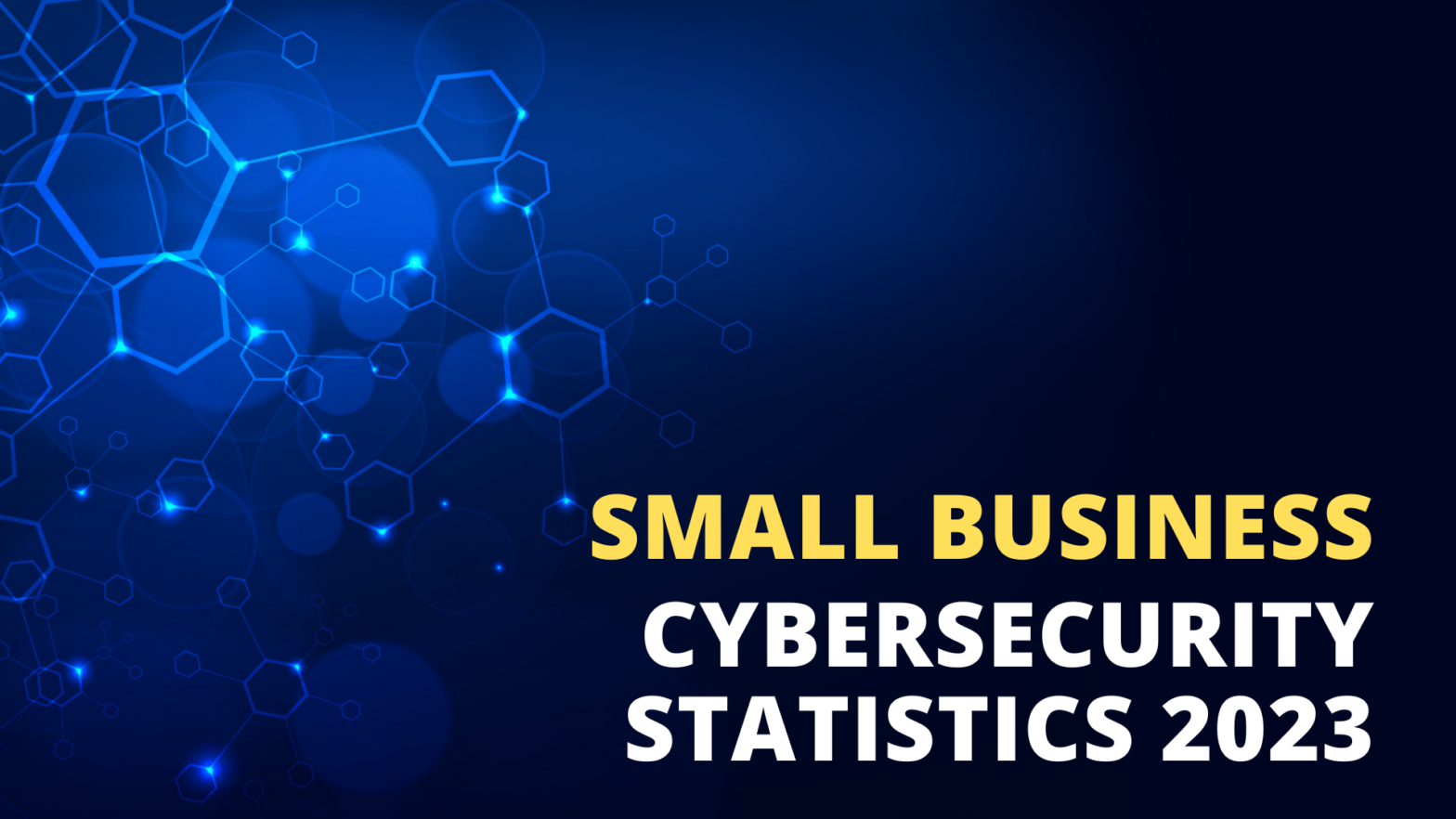Small Business Cyber Security Statistics: What You Need to Know
In today’s digital world, small businesses are increasingly vulnerable to cyber threats. Hackers constantly find new ways to breach security measures and access sensitive information. According to recent statistics, small businesses are particularly susceptible to cyber-attacks.
This article will explore the latest cyber security statistics for small businesses, the most common types of cyber attacks, and what small business owners can do to protect themselves.

Introduction
Small businesses are the backbone of many economies, but unfortunately, they are also prime targets for cybercriminals. In this section, we will discuss the importance of cyber security for small businesses and the risks they face.
The Importance of Cyber Security for Small Businesses
As the use of technology becomes more widespread in small businesses, so does the need for cyber security. Small businesses often lack the resources and expertise to protect themselves against cyber threats, making them easy targets for hackers. The consequences of a cyber attack can be devastating for a small business, including lost revenue, damaged reputation, and potential legal liabilities.
The Risks Faced by Small Businesses
Small businesses face many cyber security risks, including phishing attacks, malware infections, and data breaches. Cybercriminals often target small businesses because they believe they have weaker security measures than larger corporations. In fact, small businesses are the targets of 43% of all cyber attacks.
Small Business Cyber Security Statistics
This section will examine the latest cybersecurity statistics for small businesses.
Cyber Security Breaches
- 43% of cyber attacks target small businesses
- 60% of small businesses go out of business within six months of a cyber attack
The Cost of Cyber Crime
- The average cost of a cyber attack on a small business is $200,000
- 60% of small businesses that suffer a cyber attack go out of business within six months
Cyber Security Preparedness
- Only 14% of small businesses have a dedicated cybersecurity team
- 22% of small businesses do not have any type of cyber security plan in place
Cyber Security Training
- Only 34% of small businesses provide cybersecurity training to their employees
- 95% of cyber attacks are caused by human error
Common Types of Cyber Attacks
This section will examine the most common types of cyber attacks that small businesses face.
Phishing Attacks
Phishing attacks involve using fraudulent emails or websites to trick users into divulging sensitive information, such as usernames and passwords. Phishing attacks are one of the most common types of cyber attacks, and they are often successful because they are difficult to detect.
Malware Infections
Malware is software designed to harm a computer system, steal sensitive information, or gain unauthorized access to a network. Malware infections are often spread through phishing emails or infected websites.
Ransomware Attacks
Ransomware attacks involve using malicious software to encrypt a computer system’s files and demand payment in exchange for the decryption key. Ransomware attacks are becoming increasingly common and can be devastating for small businesses.
Protecting Your Small Business from Cyber Attacks
This section will provide tips for protecting your small business from cyber attacks.
Conduct a Cyber Security Assessment
Conducting a cyber security assessment can help you identify vulnerabilities in your small business’s network and computer systems. This assessment can be conducted by a third-party cyber security firm, or you can use online tools to do it yourself.
Implement Strong Password Policies
Implementing strong password policies is an easy way to protect your small business from cyber attacks. Require employees to use strong, unique passwords for each account and implement two-factor authentication.
Use Anti-Virus and Anti-Malware Software
Installing anti-virus and anti-malware software on your small business’s devices can help protect against malware infections and other cyber threats.
Keep Software and Operating Systems Up-to-Date
Keeping your software and operating systems up-to-date is important to cyber security. Updates often include security patches that can help protect against known vulnerabilities.
Train Employees on Cyber Security Best Practices
Training your employees on cyber security best practices can help reduce the risk of human error. This includes educating them on identifying and avoiding phishing attacks, creating strong passwords, and securing their devices.
Conclusion
Small businesses are at a high risk of cyber attacks, and the consequences can be devastating. In this article, we have explored the latest cyber security statistics for small businesses, the most common types of cyber attacks, and what small business owners can do to protect themselves.
By taking the necessary steps to protect your small business from cyber threats, you can safeguard your sensitive information and maintain your business’s reputation.
FAQs
What is a cyber security assessment, and why is it important for small businesses?
A cyber security assessment evaluates a business’s network and computer systems to identify vulnerabilities and potential risks. It’s important for small businesses to conduct these assessments to prevent cyber attacks and safeguard sensitive information.
What are some common signs that a small business has been hacked?
Common signs of a cyber attack include a slowdown in network performance, unusual activity in log files, and the appearance of unfamiliar programs or files on a computer system.
Can small businesses recover from a cyber attack?
Yes, small businesses can recover from a cyber attack. However, the recovery process can be lengthy and expensive, which is why it’s important to take proactive measures to prevent cyber attacks in the first place.
What should small businesses do if they suspect a cyber attack?
Small businesses should immediately disconnect the affected device from the network and contact a cyber security professional for assistance.
How often should small businesses conduct cybersecurity training for employees?
Small businesses should regularly conduct cyber security training for employees, at least once a year. However, it’s also important to provide ongoing education and reminders to keep cyber security top of mind.
